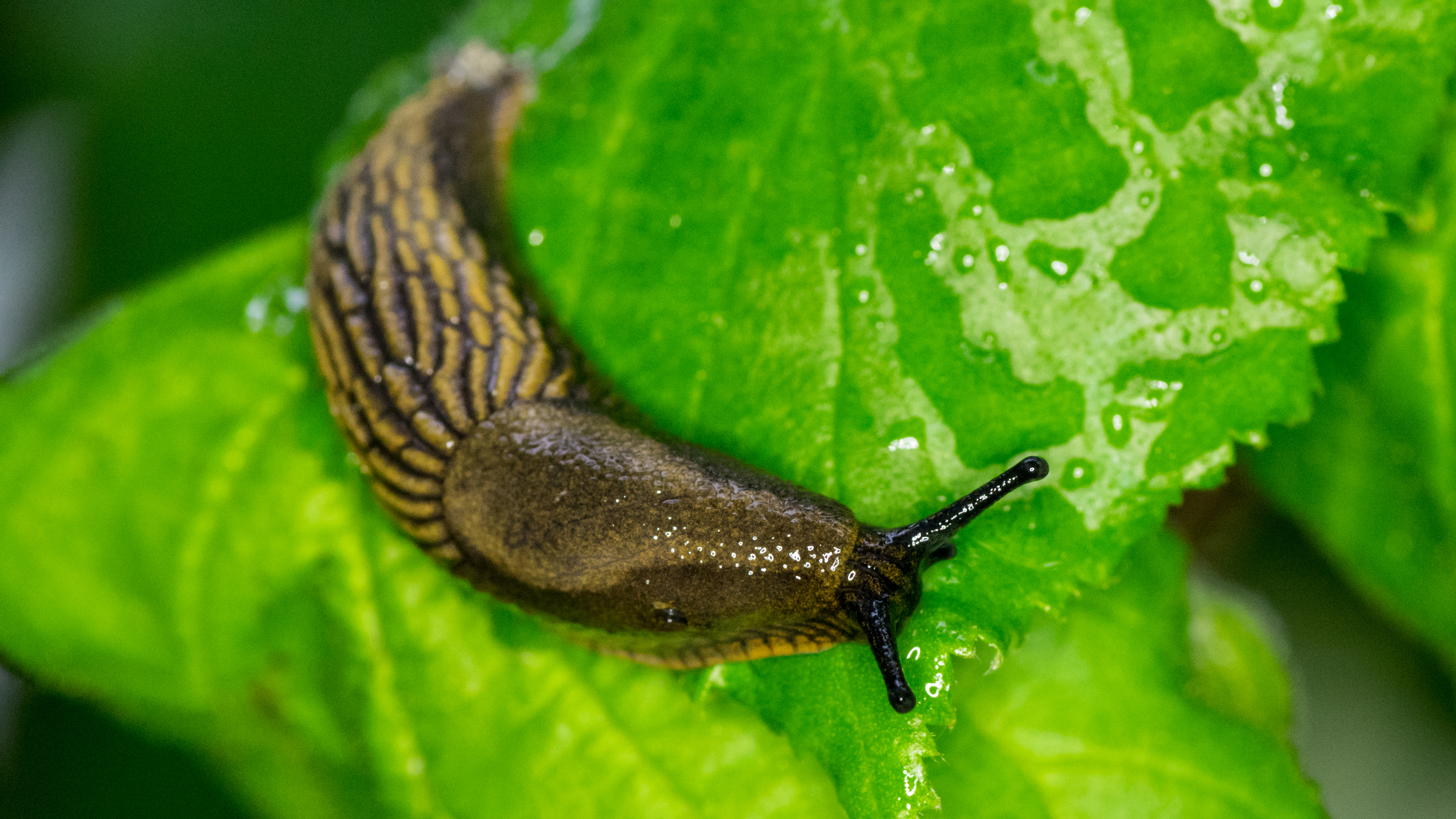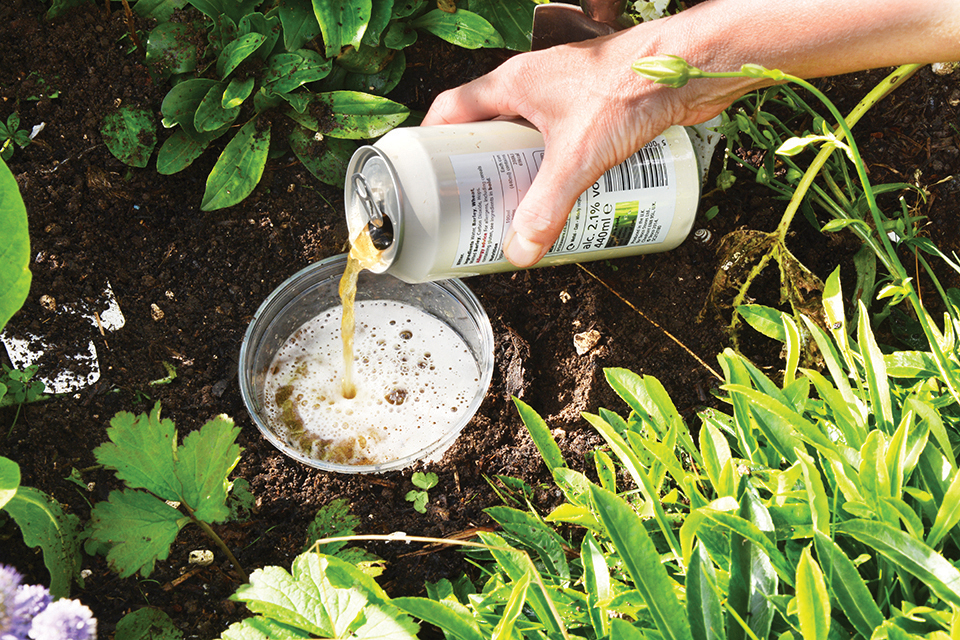Do coffee grounds repel slugs? We put the common natural slug repellent to the test
Do coffee grounds repel slugs? Here's what real-life experiments show

Do coffee grounds repel slugs? Gardeners at their wits' end about how to get rid of slugs have been pondering the effectiveness of this natural slug repellent method for generations.
Somehow, while some gardeners report success when using coffee, others say it doesn't work and is nothing but a myth. Who is right, and should you be using coffee grounds – and other natural methods – to try and protect your garden from these voracious molluscs?
Do coffee grounds repel slugs?

The evidence on this is mixed. One diligent blogger – it's called Garden Myths for a reason – put the coffee grounds method to the test and reported that the slugs were not at all bothered by the coffee grounds. They happily crawled over them and devoured the tasty leaves that were placed in the container with the slugs.
However, an article in the highly respected science journal Nature reports that an experiment by two scientists who used a caffeine spray killed nearly all the slugs in the experiment. The word 'spray' is crucial here: an instant coffee solution was used here, and the likely reason is was more effective than coffee grounds is that it contains more caffeine. It is the caffeine not the physical texture of the coffee that kills slugs: they ingest the caffeine through their bodies and die.
So, if you want to use the coffee method, use freshly brewed, cooled down coffee and spray it all around your plants, avoiding the leaves. Just bear in mind that this is not a kind method to get rid of slugs – you are, basically, poisoning them.
You can still use coffee grounds in your garden – as a natural and free fertilizer. Find more budget garden ideas in our gallery.
Are there other natural slug repellents that work?

Natural slug repellents are often presented as a way to create an eco-friendly garden, but you should always bear in mind that while some of these methods are semi-effective against slugs without using chemicals, they are almost always cruel. It's up to you whether you care or not about slugs' suffering, but you should be aware that it will be involved.
Crushed eggshells have some effectiveness as a natural slug repellent when scattered around a plant. The sharp edges of the eggshells will cut the slugs as they try to move across them – but, this only happens while the eggshells are dry. As soon as they get wet from rain, they will no longer be sharp enough to deter slugs.
Copper rings or copper tape are also often used to deter slugs because slugs already have copper in their bodies and will get ill or die if they ingest additional quantities of copper. However, a study by the Royal Horticultural Society found commonly sold copper alloy tape to be ineffective against slugs, probably because it doesn't have enough copper in it. You may have limited success with extra-thick, all-copper tape.
Beer traps, melon traps, and other natural methods all will give you some results, but probably the best method (certainly the most humane one) is to use plants slugs hate in your garden, such as euphorbia, hydrangea, and ferns. Head over to our guides on how to grow hydrangeas and how to grow ferns if you want to add them to your garden.
Anna writes about interior design and gardening. Her work has appeared in Homes & Gardens, Livingetc, and many other publications. She is an experienced outdoor and indoor gardener and has a passion for growing roses and Japanese maples in her outside space.
